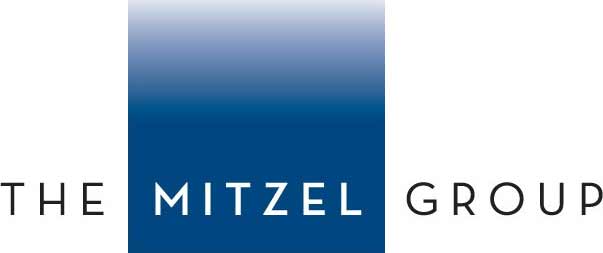If you are an employer with non-exempt employees whose compensation includes nondiscretionary payments such as bonuses, commission, shift differentials, and other incentive pay, there is an important new California Supreme Court ruling regarding meal, rest, and recovery premium payments. As you know, the overtime rate for non-exempt hourly employees receiving non-discretionary payments is the employee’s regular rate of pay, which accounts for all non-discretionary payments including bonuses, commission, shift differentials, and other incentives paid. The “regular rate of pay” may vary from pay period to pay period based on the non-discretionary pay paid to an employee during any specific pay period.
In the recent California Supreme Court decision of Ferra v. Loews Hollywood Hotel, LLC, this “regular rate of pay” must be applied to the meal, rest, and recovery period premiums payments paid to employees. This decision applies retroactively, and as a result, employers are now obligated to verify whether they have paid out the previous meal, rest, and recovery premiums at this higher rate of pay for the past four (4) years.
What should you do in response to this ruling?
- Review your payroll practices to ensure that you are correctly calculating these premium payments in all applicable instances.
- Audit your pay records going back four years to ensure that any such premiums have been paid out correctly.
- Where you find premiums that may not have paid out based on this rate of pay, issue premium correction payments to correct any underpayments to employees or discuss other options with your attorney.
- Additionally, make sure to review your handbook policies to ensure that they are compliant with this rate of pay for meal, rest, and recovery premiums as well as for overtime pay.
Please contact The Mitzel Group with any questions regarding this new ruling, conducting an audit of your pay practices, or discussing how to remedy any possible issues.

